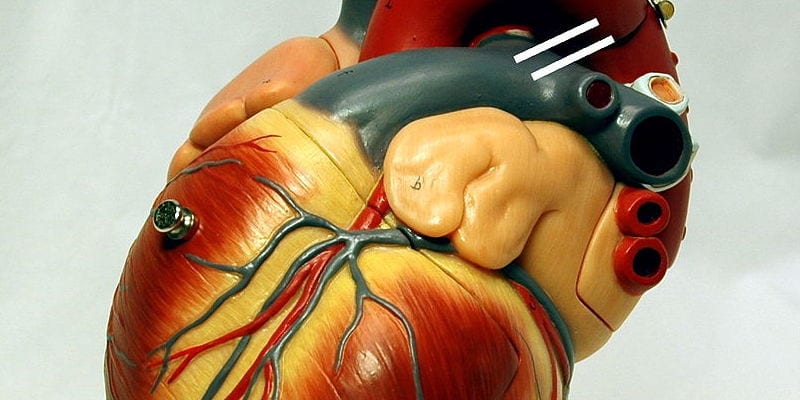Cardiovascular
Pitavastatin reduces cardiovascular event risk among patients with HIV
1. In this randomized controlled trial, among patients living with human immunodeficiency virus (HIV) at low-to-moderate risk of cardiovascular disease, pitavastatin calcium was superior to placebo in reducing the risk of a major adverse cardiovascular event (MACE).
2. The trial was stopped early due to evidence of the efficacy and safety of pitavastatin.
Evidence Rating Level: 1 (Excellent)
Study Rundown: Patients with HIV are living longer on anti-retroviral therapy (ART) and have a significantly higher risk of developing cardiovascular diseases, even under optimal ART and with undetectable HIV titers. Current clinical guidelines for cardioprotective therapies have not incorporated recommendations specific to these patients, who would be classified as low-risk by conventional risk scores. To bridge this gap, this was a phase three trial investigating the impact of pitavastatin among HIV patients with low-to-moderate risk for cardiovascular diseases, based on the American Heart Association and American College of Cardiology (AHA/ACC) classification. After a median follow-up of 5.1 years, pitavastatin calcium once daily demonstrated superiority over placebo in reducing the incidence of a MACE. The risks of adverse events were similar across the two groups, except for muscle-related effects and diabetes mellitus. The trial was stopped early due to evidence of efficacy. Although these results were specific to pitavastatin, they may also be applicable to other statins and provided robust evidence of this therapy in reducing cardiovascular risk for patients living with HIV.
Click here to read the study in NEJM
In-Depth [randomized controlled trial]: This study was a phase three randomized, double-blind, placebo-controlled trial to investigate the impact of pitavastatin among patients living with HIV. Patients with a diagnosed HIV infection on ART between 40 and 75 years of age and at low-to-moderate risk of atherosclerotic cardiovascular disease based on an established risk score from the AHA/ACC were eligible for inclusion. Exclusion criteria included previous statin use and pre-existing atherosclerotic cardiovascular disease. Overall, 7769 patients were randomized 1:1 to receive once daily pitavastatin calcium 4mg or placebo. The patient demographic comprised 65.2% non-White and 31.1% female participants. The primary outcome was a composite of MACEs, including cardiovascular death, myocardial infarction, hospitalization for unstable angina, stroke, transient ischemic attack, peripheral arterial ischemia, revascularization, or death from an undetermined cause. After a median follow-up of 5.1 years, the pitavastatin group saw a MACE incidence rate of 4.81 per 1000 person-years, and the placebo group saw 7.32 per 1000 person-years. This equated to a hazard ratio of 0.65 (95% Confidence Interval [CI], 0.48 to 0.90; p=0.002). The overall rate of non-fatal serious adverse events was comparable across the two groups. However, pitavastatin was associated with a higher risk of diabetes mellitus and myalgia or myopathy. The trial was stopped early due to evidence of efficacy, though it provided robust evidence that pitavastatin when used among patients living with HIV at low-to-moderate risk of cardiovascular disease, reduced the risk of MACE.
Image: PD
©2023 2 Minute Medicine, Inc. All rights reserved. No works may be reproduced without expressed written consent from 2 Minute Medicine, Inc. Inquire about licensing here. No article should be construed as medical advice and is not intended as such by the authors or by 2 Minute Medicine, Inc.

